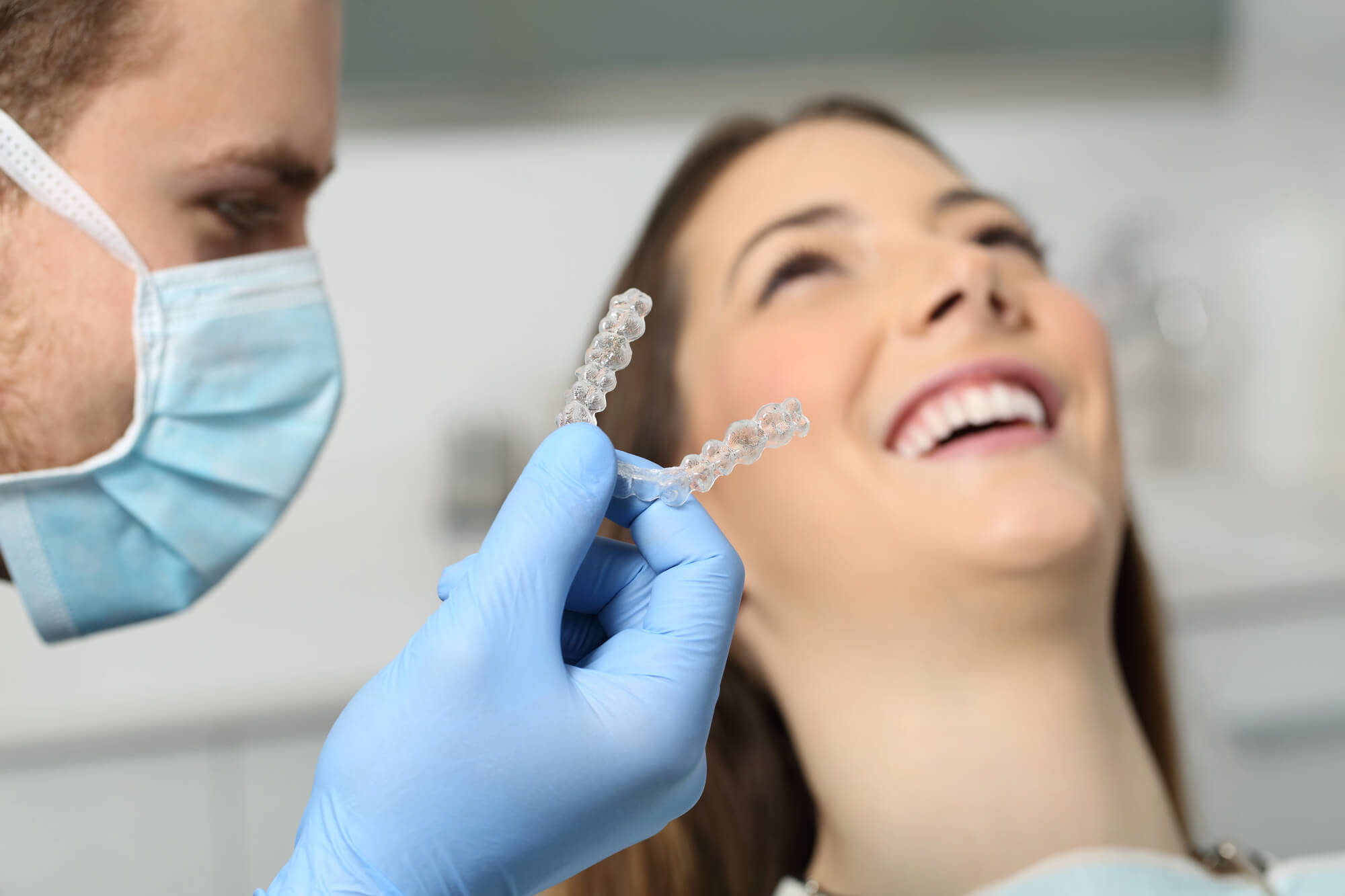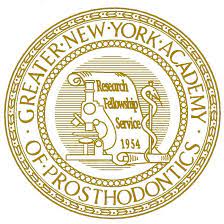If you've ever had braces, you probably understand how unforgivable dental appliances can be. However, covers like mouthguards are worth considering, as they can protect your teeth from accidents, reduce erosion from teeth grinding, and prevent you from having to make emergency visits to a Miami dentist.
Mouthguards serve a variety of functions, including protecting your mouth from sports-related injuries and treating conditions like sleep apnea and bruxism. Here’s all you need to know about mouthguards and what benefits they have to offer for your oral health.

Mouthguards are dental appliances designed to cover your teeth. Most are applied to your upper teeth, but your dentist might also suggest a mouth guard for your lower teeth in certain cases. Dentists also recommend mouthguards for many different reasons.
Mouthguards protect your teeth by acting as a cushion against external hits and your own jaw strength. Individuals with issues like teeth grinding or temporomandibular joint disorder can severely damage their mouths due to the strength of their teeth against each other.
Mouthguards help prevent damage caused by those issues. Other common reasons people wear mouthguards are:
The American Dental Association advises using a mouth guard when playing sports like basketball, ice hockey, and soccer where there is a chance of collision, impact, or fast movement. A mouth guard can protect against oral and dental injuries, such as knockouts or broken teeth.
A boil-and-bite mouth guard is more costly than a stock mouth guard, but it provides a better fit to help it stay in place.
Bruxism is a movement disorder where people bite or clench their teeth while they sleep. This can lead to issues like jaw pain, sore gums, chipped or cracked teeth, and tooth pain.
Mouthguards prevent this damage by keeping your upper and lower teeth apart while you sleep.
For people with bruxism, custom mouthguards are usually the best option. Boil-and-bite mouthguards weaken and crack after repeated use, and stock mouthguards are uncomfortable to sleep with.
Sleep apnea is a dangerous condition that causes a person to momentarily stop breathing while they are asleep. This may increase your risk of heart disease and stroke by depriving your brain of adequate oxygen and may lead to excessive snoring.
Some individuals with sleep apnea keep their airways open with a CPAP machine while they sleep. This machine delivers positive airway pressure through a tubing mask you wear while sleeping.
A specially-made mouthguard might also be a good choice for patients with mild sleep apnea. This mouthguard is known as a mandibular advancement device, and it's designed to keep your airway open by pushing your lower jaw and tongue forward as opposed to just covering your teeth.
If you wear a mouth guard for bruxism, make sure it is compatible with your CPAP machine and has adequate ventilation.
Because snoring is caused by vibrations in the soft tissue in your upper airway, mouthguards can help minimize it. The best choice is a custom mouthguard, which keeps your airway open by pulling your lower jaw forward.
Depending on their intended use, mouthguards can be classified into different categories:
In addition, mouthguards may be store-bought or custom-made:

When participating in sports and other physical activities, especially contact-related ones, wearing a mouthguard can help you prevent accidents that may lead to:
Moreover, using a mouth guard while you sleep can lower your chance of:
Mouthguards can take some time to get used to—especially store-bought ones. If it doesn’t fit your arches properly, it can lead to jaw, gum, or tooth pain.
Custom mouthguards tend to be more comfortable than the ones you can purchase at a store. Your dentist can also examine your custom mouthguard and make any necessary adjustments if it isn't working.
The first step in getting a custom mouthguard is for a dentist to take impressions of your teeth with dental putty or a digital handheld wand.
Your impressions will then be sent to a dental lab, where a technician will use them to create a mouthguard that precisely fits the shape of your teeth. This procedure may take up to two weeks.
With the right maintenance, a custom-made mouthguard can last several years, depending on how often you wear it. However, some people might discover that they require replacements more frequently than that.
Make sure to bring your mouthguard to your dental checkups so your dentist can examine it for wear indicators like cracks.
Store-bought mouthguards are less sturdy than custom-made ones and might require replacement a few times a year. Moreover, kids and teenagers need to replace mouthguards more frequently as their teeth and mouths are still growing.
You should wear a mouthguard to all your practices and games, especially if you play contact sports. If you suffer from snoring, teeth grinding, or sleep apnea, it’s best to wear your mouthguard every night.
Wear-and-tear is common for mouthguards, but they can also pick up bacteria from your mouth. Besides being stained or gaining a yellowish color, a dirty mouthguard can also increase your chances of developing tooth decay or gum disease, so it’s important to clear them regularly. Other care tips include:
Yes. A mouthguard can shield braces, dental implants, and other dental restorations (such as crowns and bridges) from harm in addition to shielding your teeth. Custom-fitted mouthguards work best as they can be conformed to the specific form of implants or braces.

Among all the investments you can make to live a better life in the future, investing in your dental health must be among the top five. It’s easy to take your teeth for granted, but they fulfill crucial functions in our lives and are susceptible to harm, just like any other body part.
Teeth grinding, sports accidents, and MTD can lead to serious wear and tear on your teeth that may require restorative dentistry treatments like dental implants or dentures to correct. Mouthguards can be a good choice for preventing this issue.
By wearing your guard to play sports, you can prevent accidents. And if you keep one overnight, it may help you sleep better and shield your mouth. If you’re interested in getting a mouthguard, we can help you here at Coral Gables Dentistry. Reach out and get an appointment!

We value your time, so we always run on schedule, respecting your commitments, with no double bookings and minimal wait times. Experience dentistry like never before in our award-winning clinic.






